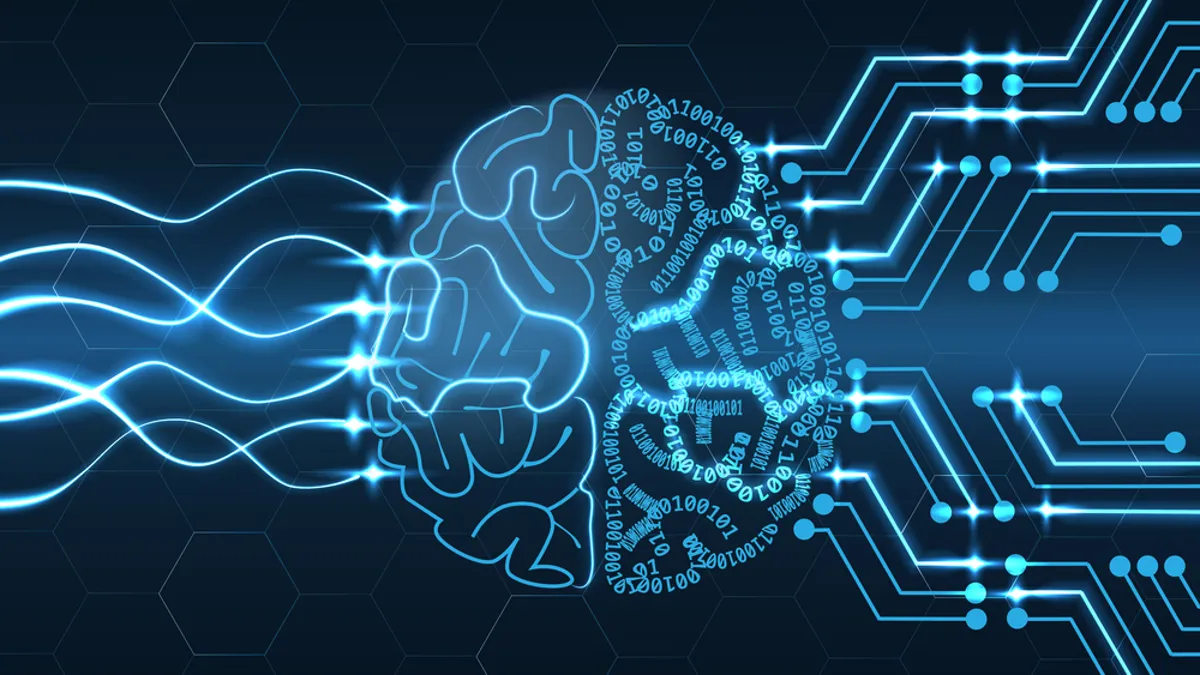
Meta-learning for few-shot learning is a paradigm in machine learning that focuses on training models to rapidly adapt to new tasks with limited data. Few-shot learning scenarios involve training models to perform well on tasks with only a small number of examples per class. Meta-learning approaches aim to leverage knowledge gained from learning multiple tasks to improve the efficiency of learning new tasks quickly. Here's an exploration of how meta-learning is applied to few-shot learning for rapid adaptation with limited data:
Meta-Learning Framework
Meta-learning, or learning to learn, involves training a model on a variety of tasks in a meta-training phase. The model is exposed to different tasks with a small number of examples per class. During this meta-training phase, the model learns a generalizable representation or set of parameters that enable rapid adaptation to new tasks.
Model Architecture
Meta-learning models often employ neural network architectures that are designed to capture and generalize knowledge across tasks. Common architectures include recurrent neural networks (RNNs), neural networks with attention mechanisms, and more recently, transformer-based architectures that excel at capturing complex patterns and dependencies.
Few-Shot Classification
In the few-shot learning scenario, the model is provided with a small support set (examples of the target classes) and a query set (examples to be classified). The model's ability to generalize from the support set to accurately classify examples in the query set is a key measure of its few-shot learning capability.
Optimization for Rapid Adaptation
Meta-learning involves optimizing the model's parameters such that, given a new task, the model can quickly adapt during a few gradient update steps. This optimization process aims to make the model sensitive to task-specific information and facilitates rapid adaptation with minimal data.
Initialization Strategies
Effective initialization of the model's parameters is crucial for successful meta-learning. Techniques like model-agnostic meta-learning (MAML) focus on finding initial parameters that can be fine-tuned quickly for new tasks. The initialization should capture generic patterns that are useful across various tasks.
Support Set Encoding
Encoding information from the support set is a key aspect of meta-learning. The model needs to learn how to extract relevant information from the limited support set examples to generalize well to the query set. Attention mechanisms and memory-augmented networks are often used for this purpose.
Task-Agnostic Features
Meta-learning aims to extract task-agnostic features during the meta-training phase. These features capture commonalities across tasks, enabling the model to quickly adapt to new tasks with different characteristics. The model should be able to disentangle task-specific information from generic features.
Data Augmentation Techniques
Data augmentation is often used in few-shot learning to artificially increase the size of the support set. Techniques such as rotation, cropping, and colour variations help expose the model to diverse examples, aiding in the learning of more robust and generalizable features.
Episodic Training
Meta-learning for few-shot learning is often formulated as an episodic training procedure. Each episode corresponds to a task, where the model is presented with a support set and a query set. The model's parameters are updated based on its performance on these episodes, facilitating rapid adaptation.
Transfer Learning and Few-Shot Learning
Meta-learning can be viewed as a form of transfer learning, where knowledge gained from one set of tasks is transferred to facilitate learning new tasks. The model's ability to generalize from few examples in a new task is a manifestation of effective transfer learning in few-shot learning scenarios.
Real-World Applications
Meta-learning for few-shot learning has practical applications in various domains. From image recognition and natural language processing to robotics and healthcare, the ability to rapidly adapt to new tasks with limited labeled data is crucial for deploying machine learning models in real-world scenarios.
Challenges and Future Directions
Challenges in meta-learning for few-shot learning include handling domain shifts, addressing meta-overfitting, and improving the scalability of meta-learning approaches. Future research directions focus on developing more advanced architectures and techniques to further enhance the performance and applicability of meta-learning in diverse contexts.
Conclusion
Meta-learning for few-shot learning represents a powerful approach to address the challenges of adapting machine learning models to new tasks with limited data. By leveraging meta-learning techniques, models can learn to rapidly adapt and generalize from small datasets, opening up possibilities for more flexible and efficient machine learning systems in real-world applications.

































